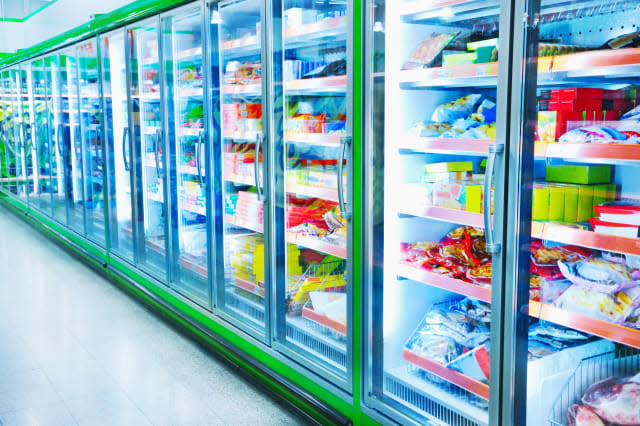Do you understand 'use by' dates and food freezing guidelines?

When it comes to refrigerating and freezing food, everyone seems to have their own rules, perhaps regardless of what it says on the packet.
But, do you really know how long you can keep food before throwing it away or relegating it to a drawer in the freezer?
While as many as three in four supermarkets say fresh meat should be frozen on the day it was bought, some are suggesting these guidelines aren't actually accurate, the Mail Online reports.
The survey, by 'Ask the Q', found that 10 in 11 supermarkets say frozen food should be eaten within four weeks.
But don't start rifling through the freezer in a panic because this isn't accurate - you can keep food frozen for much longer, with many foods lasting up to a year in the freezer.
While throwing away viable food not only creates unnecessary waste, it's also costing Brits money, according to the Telegraph millions of pounds is being chucked in the bin each year through food waste.
The Telegraph revealed that Wrap, a waste charity, found that the majority of shops are paying little to no attention to freezing guidelines from the Food Standards Agency (FSA).
How does it actually work?
So, how do the supermarkets explain these confusing guidelines? Well, they claim the suggestions are actually refer to the quality of food not whether it's safe to eat.
According to information on the FSA website, the use by date is the most important date to remember as it refers to safety.
They say: "Foods can be eaten (and most can be frozen) up until the use by date, but not after."
The 'best before' however, refers to something else. This is about quality not safety, they say: "The food will be safe to eat after this date but may not be at its best."
It's important to pay attention to these dates, don't cook, eat or freeze food after the use by date, even if it looks fine.
The NHS suggests that you should keep your fridge at 5C or below and while pretty much everything can be frozen, foods with a high water content have the tendency to go soft when defrosted but can still be used to cook with.
If you're stuck on what can and can't be frozen and how long you should leave it before using up frozen foods, head to the FSA website or the NHS Live Well section.





